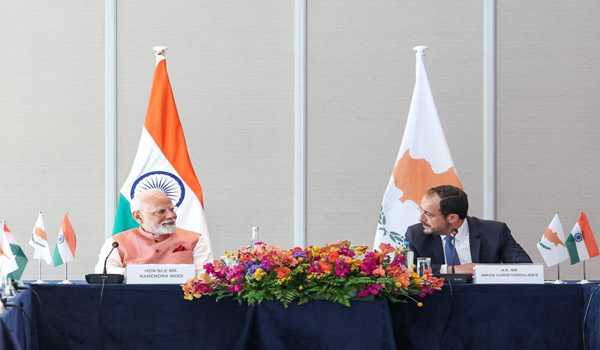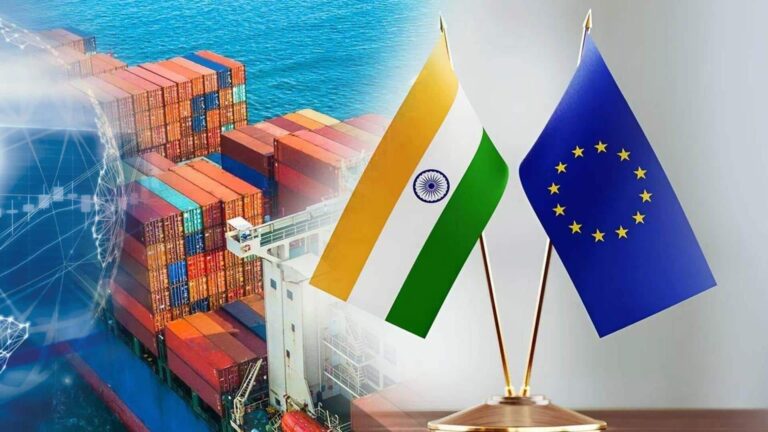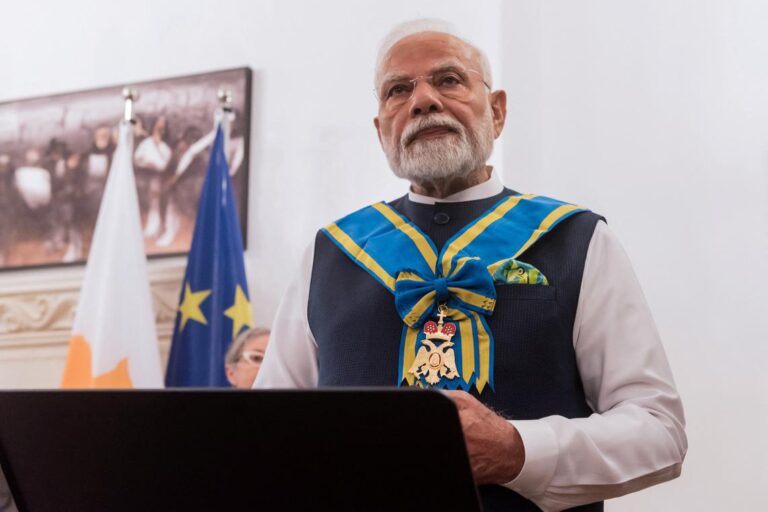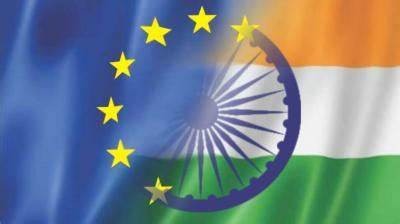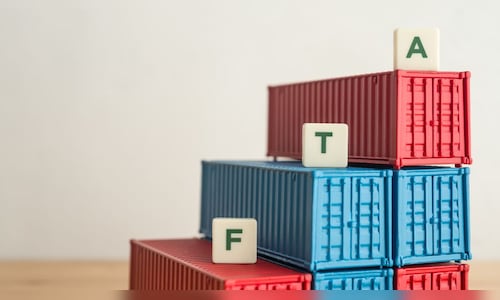
Earlier, CNBC-TV18 had pointed out that India and the EU plan to conclude talks for an early harvest agreement by July 2025, like the one he signed with Australia.
The early harvesting agreement will include questions such as tariff and non -tariff barriers, intellectual property rights, government purchases, technical obstacles to trade and health and phytosanitary measures.
India and the EU continue a two -step approach to finalize an ALE, with the exception of an agreement to protect bilateral investments and recognition of geographic indications (GIS) with the block of 27 members.
Government sources have stressed that five other chapters of the 23 chapters in total were closed during the previous round.
Negotiations cover 23 political areas, including trade in goods and services, investment protection, customs procedures, technical obstacles, intellectual property rights and sustainable development.
Declaring that even European companies have opposed proposed regulations such as the EUDR and the CBAM (mechanism for adjusting carbon) on the concerns of the incidence on businesses, sources have declared that India’s concerns on these regulations had also been communicated within the framework of negotiations.
According to a government official, the EU has opposed quality control orders (QCO) by calling them as non -tariff barriers (TNT), to which India responded by saying that QCOS also apply to Indian companies unlike internal EU concessions for its small and medium -sized enterprises (SMEs).
In return, India has offered that mutual recognition can be given by both parties in fields such as technical barriers to trade (TBT) and health and phytosanitary measures (SPS). The government official has added that good relations with the EU are reflected in the current strategic dialogue, the block of 27 members displaying a sensitivity to the reported concerns of India.
In the past two weeks, the Indian Minister of Commerce and Industry Piyush Goyal has met the EU commissioner for commercial and economic security, interinstitutional relations and transparency, Maroš Šefčovič; The European Commissioner for Agriculture and Food, Christophe Hansen; And the ministers of the EU member countries – France, Italy and Sweden – to give significant impulse to the current negotiations of the ALE.
While the EU has requested changes to the Patent Act of India to allow a “ persistence ” of patents in pharmaceutical products, India has already refused to accept similar requirements of the United Kingdom and Switzerland for the exclusivity of data to protect the generic pharmaceutical industry within the framework of the ALE with the United Kingdom and the European Free Trade Association (AEFTA).
During fiscal year 23-24, trade in bilateral EU in India was 137.41 billion dollars, with Indian exports worth $ 75.92 billion and imports worth $ 61.48 billion making the biggest EU negotiation partner in India. The EU represents almost 17% of total exports from India, while EU exports to India represent 9% of its total sales abroad.

